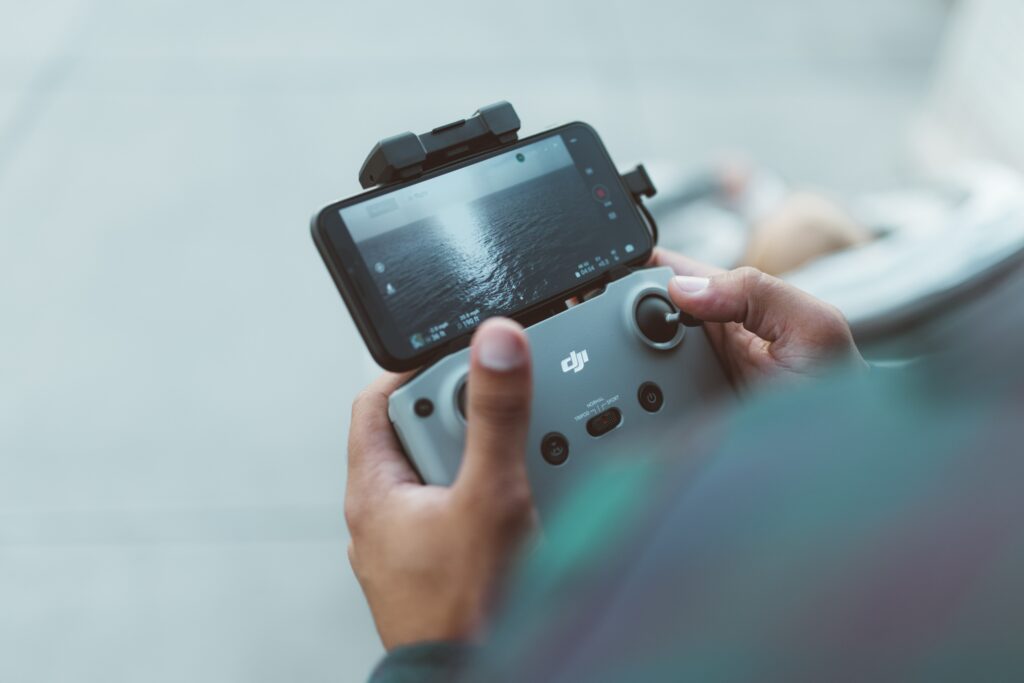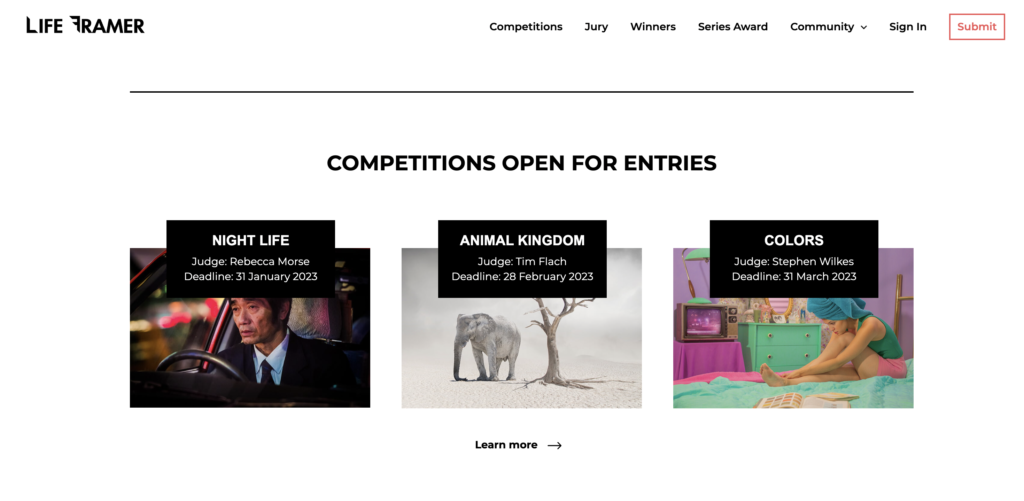Make Sure You've Got Everything In Place Before Signing On The Dotted Line
Yes, don't go scribbling your reputation away just yet!
There are some simple hurdles every photographer (turning pro) will have to encounter. Here, photographers usually come to that point with the client where you need to write up the contract in order to seal the deal for your job arrangement.
But, before you do that, there are several things that you need to discuss with the client in order to avoid any inconveniences afterward and to keep the client as regular.
Today we'll be looking at how to seal the deal with your client as a photographer – just because you're taking pictures for a living (or at least part of your living) it doesn't give you reason to ignore the business fundamentals to become successful.
1. Communication – Being Honest
First and foremost, it is really, really important for you to be honest and straight up with your client. Anything other than this will invariably cause some issues further down the road, trust me.
Let them know everything that will stand in the contract and have them agree verbally to that first (they'll agree on paper after). The verbal part is important because that way you acknowledge that they understand the terms and conditions and they won’t feel scammed if they don’t agree with something in the contract.
This is particularly important because the word of mouth advertising you get from the client will be lost if they feel bad about that contract in the first place from this verbal exchange. You need your clients to be happy and satisfied, don’t you?
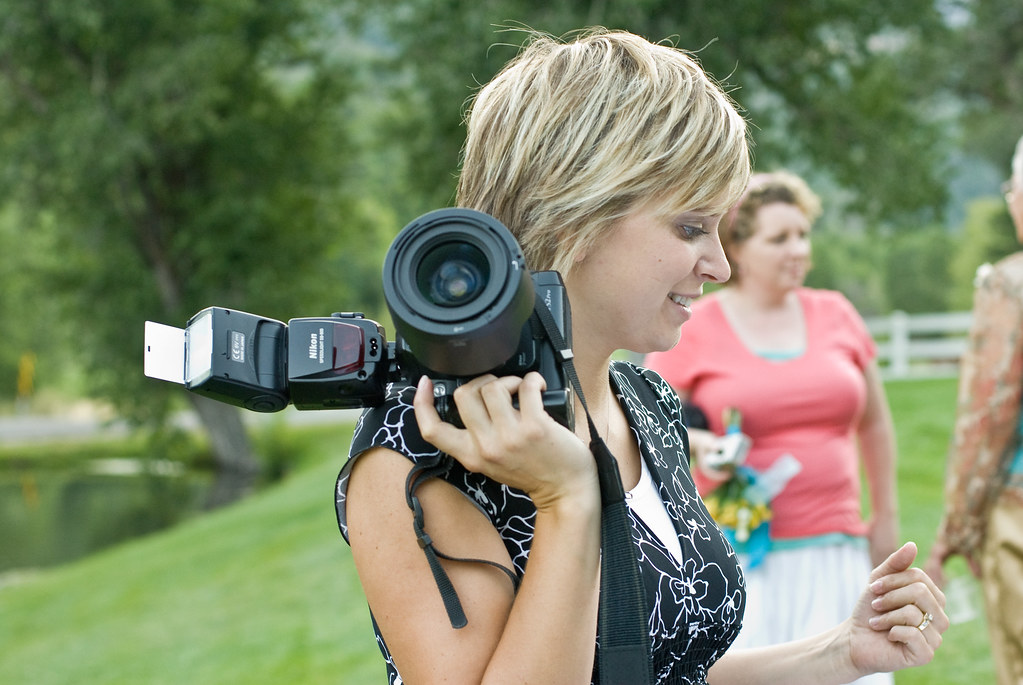
2. What The Client Is Expecting – Explain Yourself, Fully
First of all, you need to discuss everything they will get.
The trick is if you tell them they get 2 hours of your time, 50 prints, and one frame, that will be good. But good isn’t as good as being awesome.
If you formulate it differently, something like: “I will photograph your event professionally for 2 hours and a bit more if really necessary and you will get 50 prints of the best images, and one larger framed one for free.”
Hey, now we're talking!
That sounds way better and you invest almost nothing more than you would before. Words like “free”, “extra” and “on the house”, tend to raise the hype and makes clients feel special. That will go a long way later when they recommend you to other people.
Be prepared to be flexible since some clients won’t need the full service. For example, they won’t need the prints, so you’ll need to offer them something that they will need in order to get the same value, or lower the price of course.
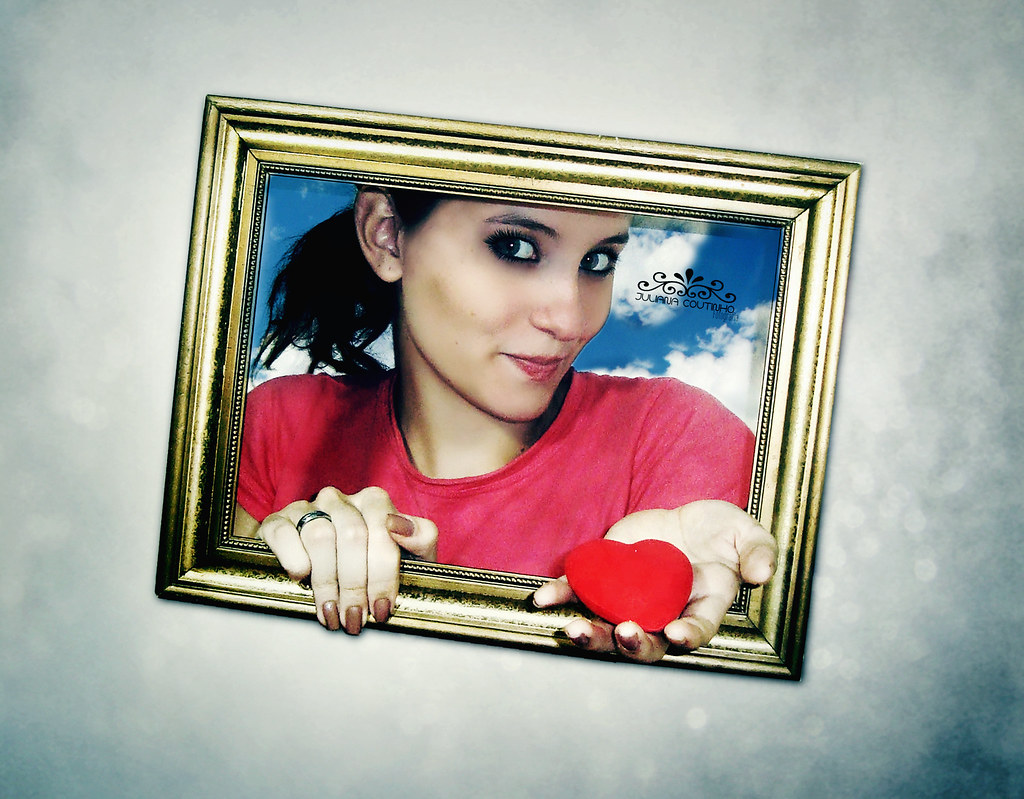
When you have that part ready and out of the way, explain to them the copyrights, and how / when they can use the images you take. That goes the same for you, they need to know how, when, and where you will be able to use the images.
This is important because that way you will know how your clients intend on using the photos (either they will get additional prints from you or they want to go elsewhere), and you can limit that with the copyright agreement clause in the contract.
Some clients may want photos so they can use them in any way they want, you’ll have to explain why that isn’t the regular practice and why you would need to charge them more by picture or set of pictures – best to get this down in the contract too.
Tip!
Keep Your RAW Files To Yourself
Also, explain and have a clause in the agreement that you don’t give unedited photos (if you are, you're devaluing your work) and you must state you don’t approve of somebody else editing your photos.
In the contract, the client also needs to be made aware of penalties. If they breach the contract they will have to pay the penalties (stated in the contract), since that is your intellectual property and you value it as much as everybody else should.
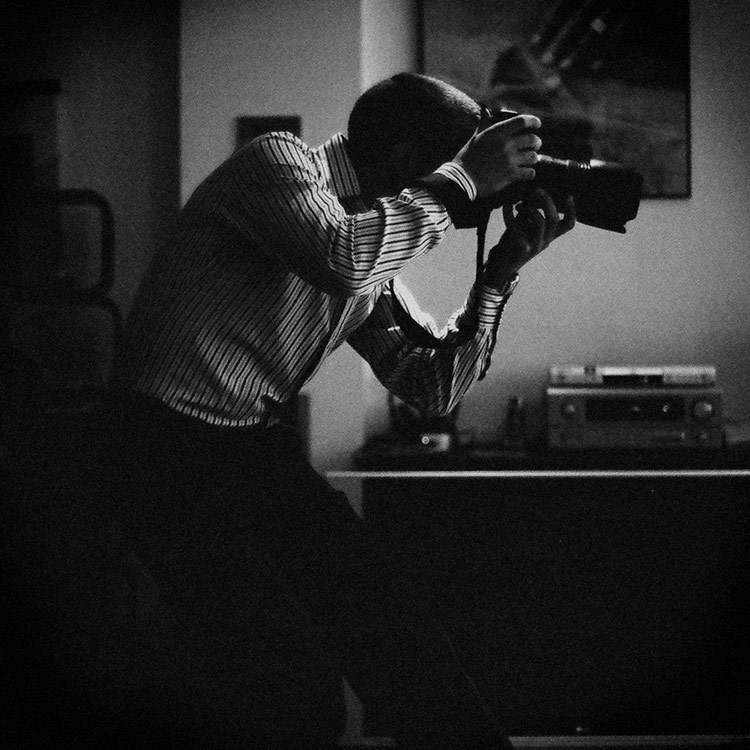
3. Sealing The Deal
When they agree with the terms or you reach a compromise (depending on your client) with the terms of the contract, you need to ascertain the venue where you will be photographing.
Get to know the people or subjects (particularly a wedding or big birthday) and their use (in the case of products) so you can ensure you're gonna get awesome photographs!
Naturally, this is good for you, since you know what you are getting into and it looks good from the client’s perspective since you sound devoted, professional and ready for the job (not that you aren’t, but they still need to see it, to believe it).
4. After All Is Signed & Confirmed
Shortly, after they sign the contract, and you do your job, throw something extra for them, something that wasn’t in the contract when you are delivering the product. It doesn’t have to be much, but enough to make it a pleasant surprise.
A photographer who is also a good friend of mine gave one of his clients a slideshow frame with the weirdest photos of the event, photos where people make weird faces and such.
Turns out the client loved it, and they hired him several times over, recommended him a few times as well. How much did it cost him? $10. And he gained few more jobs for it. It is a small price to pay, but over-delivering always works.
Seal The Deal With Your Client – Top Takeaways
- Make sure everything is discussed properly prior to the job being undertaken – this means verbally. Then draw something up in terms of a contract.
- This also means (referring to my last point) that both you and the client have explained themselves so that everyone understands the job in hand. Don't make the mistake of presuming small details – your client may well have big ideas for those small things!
- Be personable and understand your client's needs and explain how you can both make the whole experience really enjoyable.
Further Resources
- Explode Your Photography Business With Facebook! by Dzvonko Petrovski
- What Every Photographer Ought to Know About Successful Event Photography by Jason D. Little
- You Should Keep Your RAW Files To Yourself. Here’s Why by Dzvonko Petrovski
- These 4 Tools Will Help Improve Your Flash Photography by Jason D. Little
Further Learning
Before you take that first gig or that second one, getting clued up on your light skills could just make your life that little bit easier.
Luckily, we have a course designed to bring your light skills up to awesome level! “Fantastic Fundamental Light Skills”

